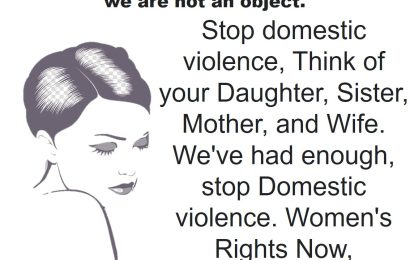News Kashmir Exclusive
In a landmark development, Section 66A of the Information Technology Act is unconstitutional in its entirety, the Supreme Court ruled on Tuesday stroking down a “draconian” provision that had led to the arrests of many people for posting content deemed to be “allegedly objectionable” on the Internet.
“It is clear that Section 66A arbitrarily, excessively and disproportionately invades the right of free speech and upsets the balance between such right and the reasonable restrictions that may be imposed on such right,” said a Bench of Justices J. Chelameswar and Rohinton F. Nariman. The definition of offences under the provision was “open-ended and undefined”, it said.
While on otherside, the Bench also turned down a plea to strike down sections 69A and 79 of the Act, which deal with the procedure and safeguards for blocking certain websites and exemption from liability of intermediaries in certain cases, respectively. In the said judgment, the court said the liberty of thought and expression was a cardinal value of paramount significance under the Constitution.
It is worth mentioning here that in number of the cases slapped against persons for posting offensive views on social network sites, the police had invariably invoked Sections 153 and 505 of the IPC along with Section 66A of I-T Act, which is a bailable offence.
Valleyites especially netizens are happy over abolishing of Section 66 A as they feel it grants them more freedom and more liberty to express their dissent.
Faizaan Bhat, an enthusiastic Netizen stated – “We have seen what happened in previous agitations in Kashmir how many youth were arrested just by posting against Government. Supreme court of India took a great decision of scrapping it as this section was against right to freedom of speech n democrac, but we need to be civilized and sane on online mediums and write rationally and logically. This landmark decision also proves that India can never be turned into another China and freedom o speech here has lot of value ”
As a matter of fact, The petitioners in this historical case included Shreya Singhal, Common Cause, Rajeev Chandrasekhar, Dilip Kumar Tulsidas, the Peoples Union for Civil Liberties, Mouthshut.Com, Tasleema Nasrin, Manoj Oswal, the Internet and Mobile Association of India and Anoop M.K
While talking exclusively to News Kashmir Magazine, Yasir Altaf Zargar, a Security Analyst stated – “This draconian act invaded internet freedom. It arbitrarily, excessively and disproportionately invades the right of free speech. This act was misused by bureaucrats and politicians to suppress their enemies in a legal way. In the past few years, the provision has been invoked to make several arrests. On behalf of the victims, several petitions were moved in the Supreme Court, and these were heard at length by the court.
As we all know India is diverse nation, though freedom of free speech is in its main fundamental principles. Every person has his own right to express his views verbally or non- verbally. A person has right of free speech, and can comment his views regarding any person on internet or by using any electronic mean. Although there are many acts which can led block of those websites which post abusive content or any offensive comment. Arresting people on giving their personal views or comments will increase heartedness among masses towards government and may lead to civil war against government.”
Many experts state that we should not still be over joyous as it is the invoking of additional IPC sections which had allowed the police to arrest the persons for offensive posts.
Pertinently, Section 153 and 153A provides for registration of a case against a person who gives a statement either in writing or orally that incites communal riots or provokes communal tension and enmity between communities. IT is punishable with imprisonment from 6 months to one year with fine. Section 505 punishes persons who spread rumor through their statement to cause public disorder with an imprisonment up to 3 years.
Pertinently, Section 66A was not part of the original I-T Act enacted during NDA government in 2000. The UPA government had amended the Act in 2009 and brought Section 66A into force October 27, 2009. At that time Veerappa Moily was the law minister and A Raja was the minister for information technology. Kapil Sibal succeeded Raja as I-T minister.
On the other hand , Sunil Abraham, the executive director of the Center for Internet & Society, which is based in Bangalore, called the decision “amazing.”
“It is in continuation of a great tradition in India: that of apex courts consistently, over the years, protecting the citizens of India from violations of human rights,” he said.
India is considered by some to be one of the world’s most freewheeling democracies, and the decision to strike down 66 A has been welcomed by one and all.


